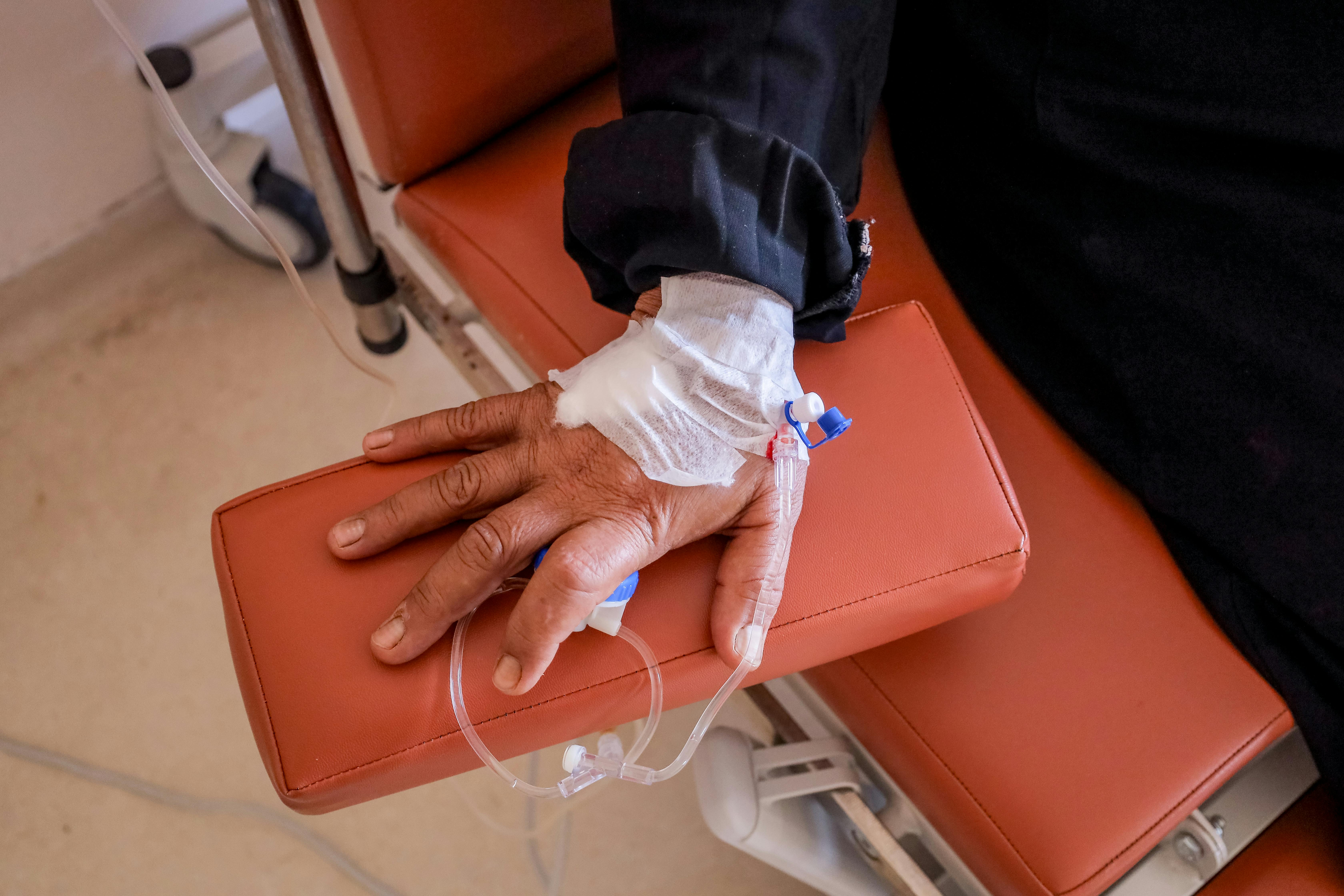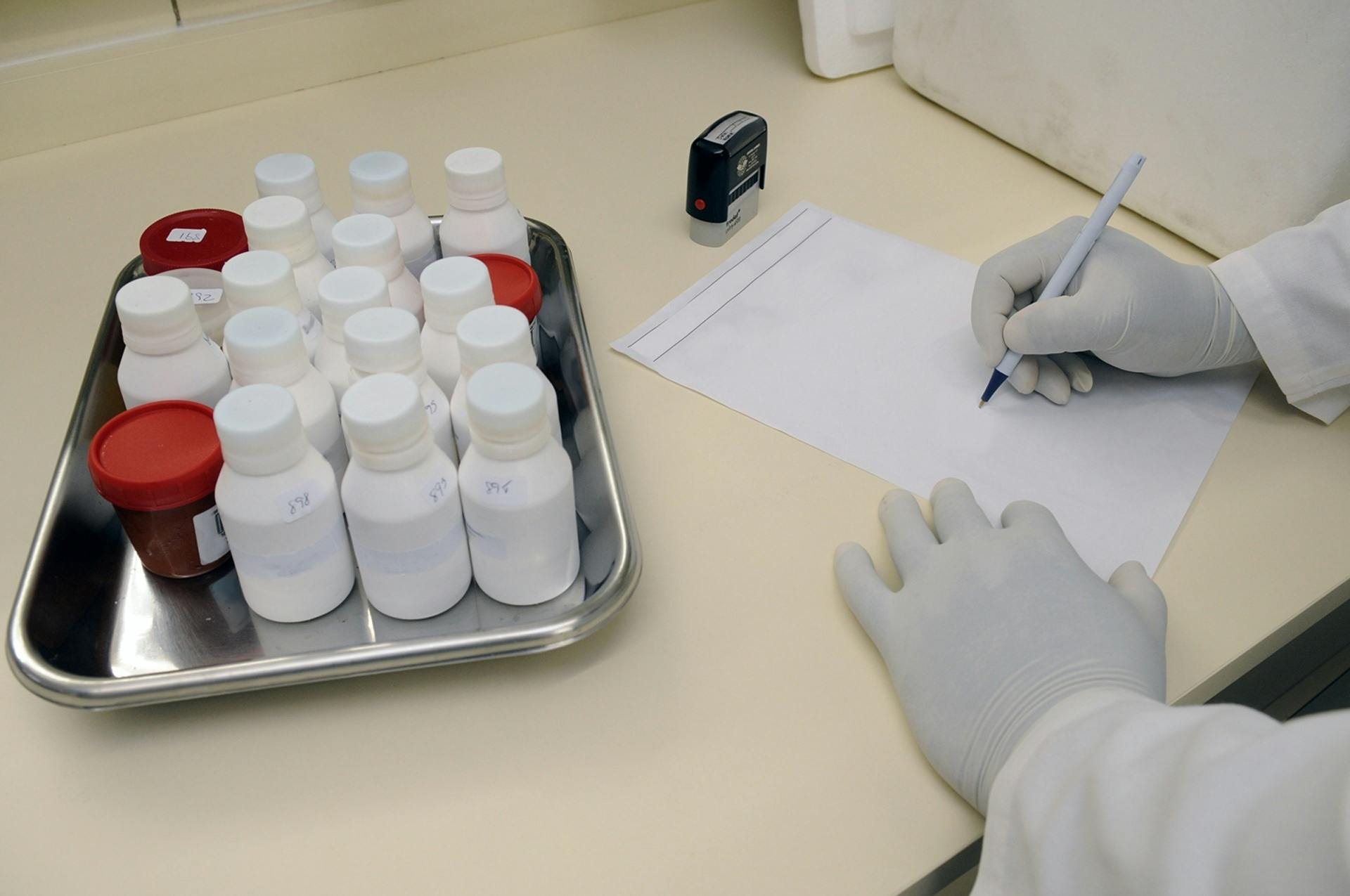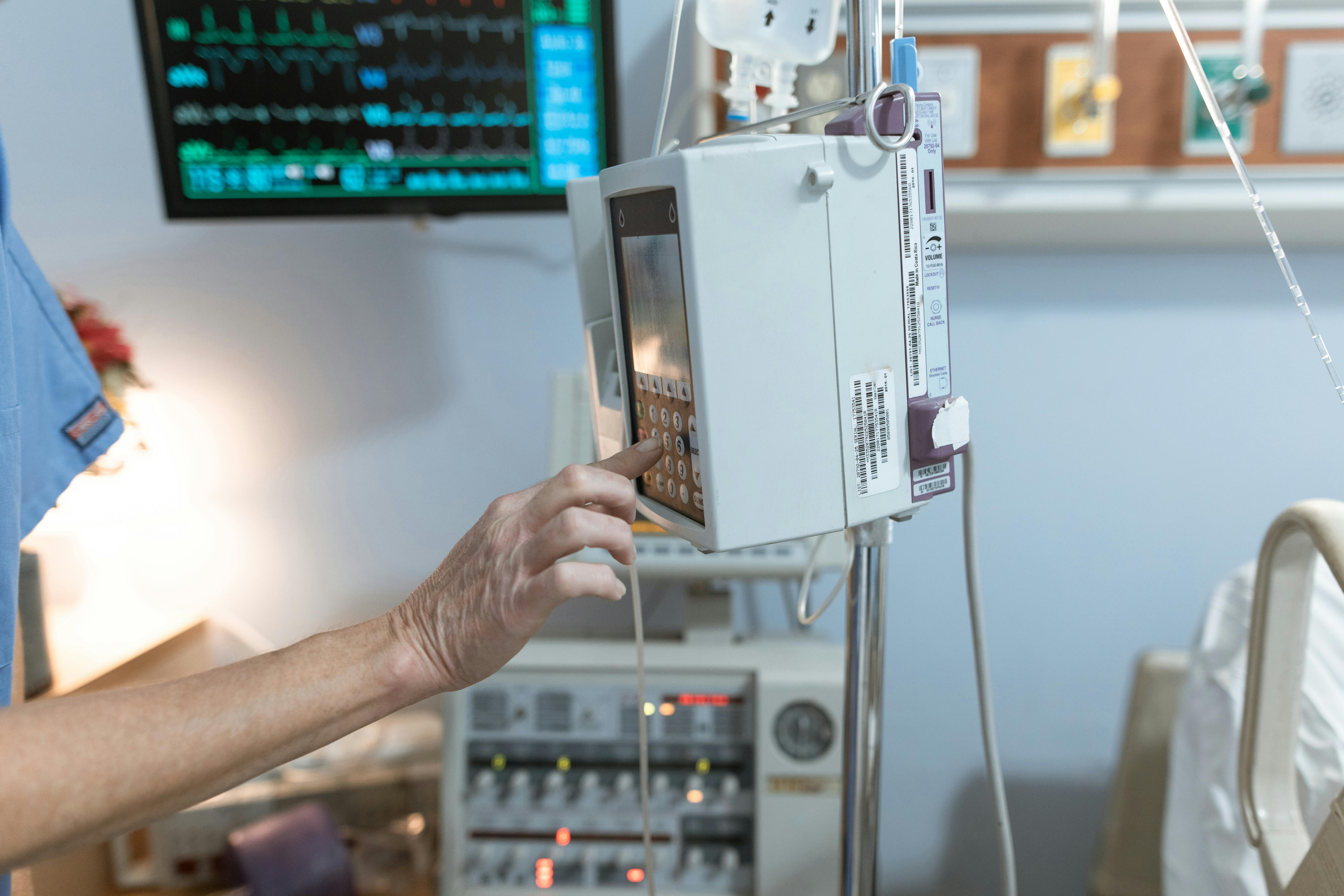Failure to Diagnose Diabetic Ketoacidosis
A Critical Oversight in Pediatric Care
A 9-year-old boy presented with flu-like symptoms—nausea, vomiting, reduced appetite, drowsiness, and weakness—for several days. His father contacted a pediatrician’s office in the evening, where an on-call nurse practitioner returned the call. The father shared that his son could hardly drink without feeling nauseated and had been sleeping almost continuously for 24 hours. He also reported rectal and oral bleeding.
/ / / / / / / /
The nurse practitioner assessed the situation over the phone, learning that the boy was alert but increasingly lethargic, had urinated, and had no fever or rash. The NP asked the father if he felt the child could stay at home overnight or needed immediate care, advising a follow-up the next morning and suggesting that the father give him ginger ale and ensure he was urinating. However, at 4:00 AM, the boy’s breathing rate increased, and by 8:30 AM, he had stopped breathing. Despite emergency efforts, the boy was pronounced dead by 9:30 AM. An autopsy revealed that the child had suffered from undiagnosed diabetic ketoacidosis (DKA), a life-threatening complication of diabetes.
This failure to refer the child for urgent evaluation or recommend emergency intervention led to a negligent delay in diagnosis and wrongful death claim, which was settled for a high amount.
Key Reasons for Missed DKA Diagnoses in Pediatric Cases
Closed claims data reveal that failure to diagnose diabetic ketoacidosis and other pediatric endocrine emergencies account for a considerable number of cases against nurse practitioners. Typical issues include:
- Failure to Order Appropriate Testing
For symptoms like extreme fatigue, nausea, and lethargy, testing blood glucose levels is crucial. Delays in ordering these tests can prevent a timely diagnosis of diabetes or DKA.
- Failure to Suspect Endocrine Disorders
Symptoms of diabetes, especially in children, can overlap with other illnesses. Recognizing these symptoms as potential signs of diabetes or other hormone-related issues is essential for timely intervention.
- Failure to Admit or Refer to a Hospital
In cases of severe symptoms, urgent hospital admission allows for the close monitoring and intervention necessary to stabilize a child in crisis.
- Failure to Refer to Specialists
Pediatric and endocrine issues often require collaboration with specialists. Delays in timely referrals can lead to misdiagnosis and complications.
- Failure to Treat Chronic Conditions Like Diabetes
Managing conditions such as diabetes and thyroid disorders in children requires vigilance and accurate diagnosis. Missed or delayed treatment can cause irreversible harm.
Damages and Implications of Pediatric Misdiagnoses
The consequences of undiagnosed diabetic ketoacidosis can be devastating, leading to wrongful death, organ damage, increased medical costs, and loss of companionship for grieving families.
How Malpraq Supports Families Impacted by Pediatric Misdiagnosis
At Malpraq, we recognize the critical importance of timely diagnosis and treatment for diabetes and other hormone-related conditions, especially in children. If your family has been affected by a misdiagnosis of DKA or similar conditions, we’re here to assist. We’ll review your case thoroughly and provide the support and representation you need to navigate this challenging time.
For a confidential consultation,reach out to Malpraq—our priority is helping families receive the justice and compensation they deserve.
Latest
From the Blog
Malpraq.com
Contact
Saint Rock Holdings LLC
309 E Georgia Ave
Phoenix AZ 85012
Malpraq.com
Contact
Saint Rock Holdings LLC
309 E Georgia Ave
Phoenix AZ 85012
Malpraq.com
Contact
Saint Rock Holdings LLC
309 E Georgia Ave
Phoenix AZ 85012
Malpraq.com
Contact
Saint Rock Holdings LLC
309 E Georgia Ave
Phoenix AZ 85012























